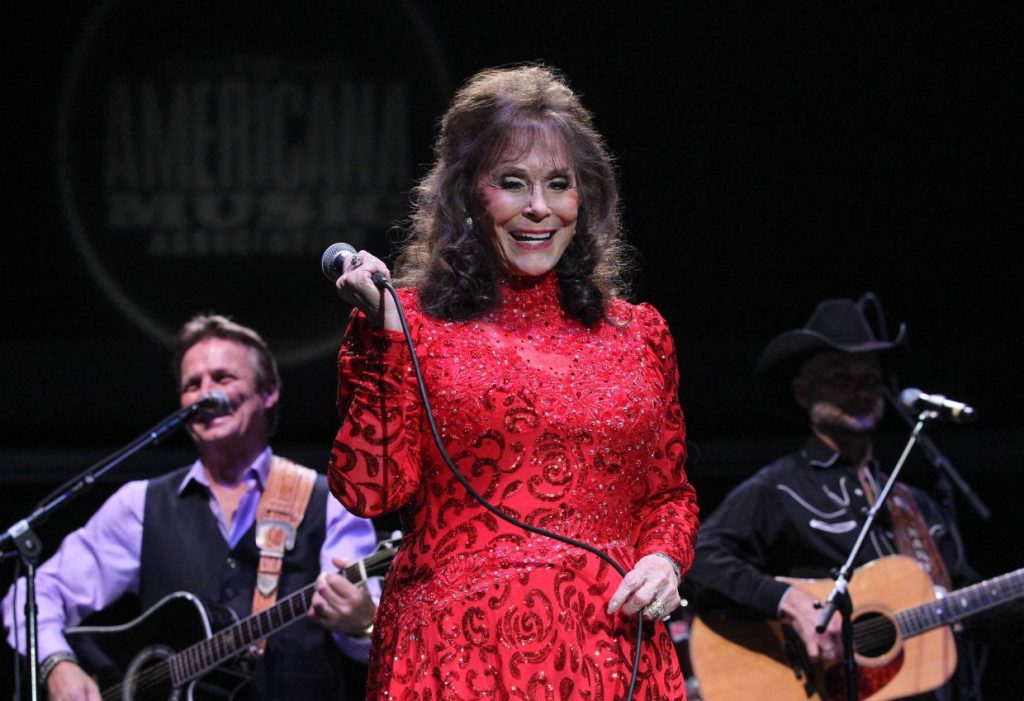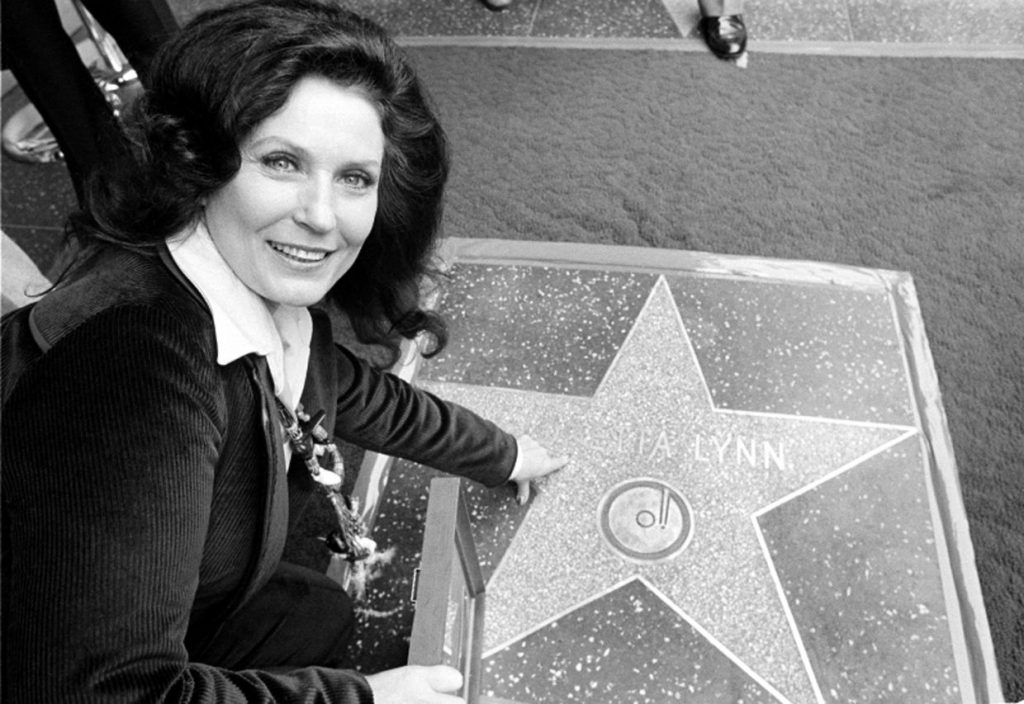Loretta Lynn, an American country music pioneer whose honest lyrics exploring women's experiences with sex, infidelity, and pregnancy struck a chord with the entire country, has passed away. 90 years old was she.
The beloved songwriter passed away naturally, according to a family statement that was released in US media on Tuesday.
Over the course of her more than six decades in the industry, Lynn established herself as the genre's most decorated female performer and had some of her daring songs banned by country music stations.
The oldest child of an impoverished family of eight, Loretta Webb was born on April 14, 1932, in a small Kentucky hamlet. Lynn immortalised her childhood in the song Coal Miner's Daughter, which has become a mainstay on lists of the best songs of all time.
In the classic song from 1970, Lynn crooned, “Well, I was born a coal miner's daughter In a cabin, on a hill in Butcher Holler,” which served as the soundtrack for the 1980 biopic about her life starring Sissy Spacek, who won an Oscar for the part.
“The one thing that my father made sure of was that we had love even if we were impoverished. To make a dollar as a poor guy, he shovelled coal.”

The performer wed Oliver Vanetta Lynn when she was only 15 years old, and they were together for nearly 50 years till he passed away in 1996.
Lynn gave birth to four children before the age of 20, and shortly after that, twins joined the family in a logging community in Washington state where they had relocated.
His wife's husband, a vocal fan, gave Lynn a guitar in the early 1950s.
It would be a gift of doom.
The self-taught artist, in the early stages of a prolific career that would see the artist release dozens of albums, wrote lyrics that were influenced by her own early experiences as a married woman and her frequently difficult relationship.
Before recording her debut album, I'm a Honky Tonk Girl, in 1960, she formed her own band, Loretta and the Trailblazers, and started playing bar sets.
Despite having a nice and laid-back twang, Lynn's songs were anything but that. She sang with razor-sharp clarity about the increasing pains of marriage and gave voice to long-silenced concerns affecting women.
In 2016, Lynn stated to The Wall Street Journal that “most songwriters tended to write about falling in love, breaking up, and being alone, stuff like that.” “The perspective I wrote about for women was novel.”
I simply wrote about what I knew, which almost always entailed something that someone had done to me.


